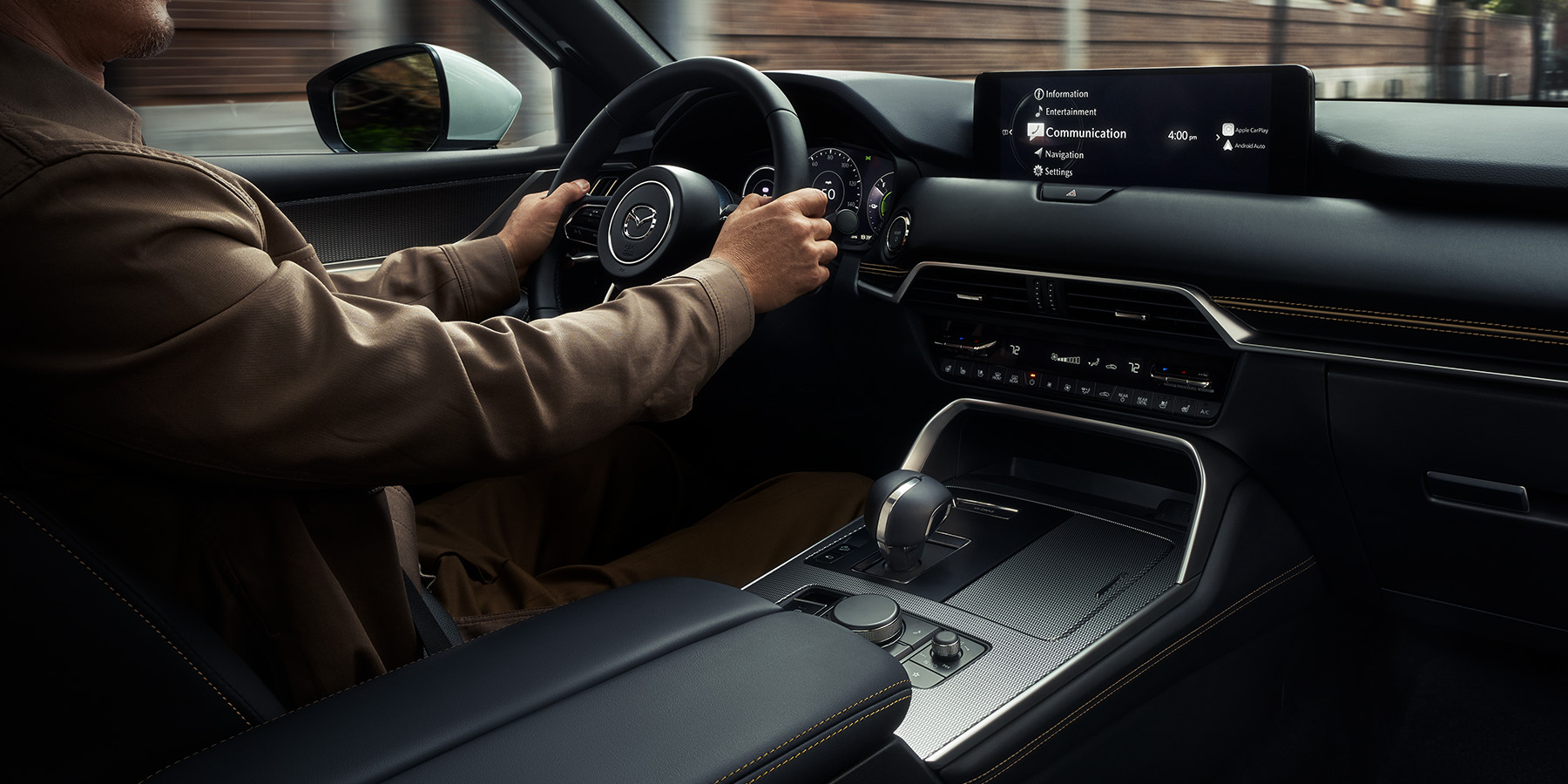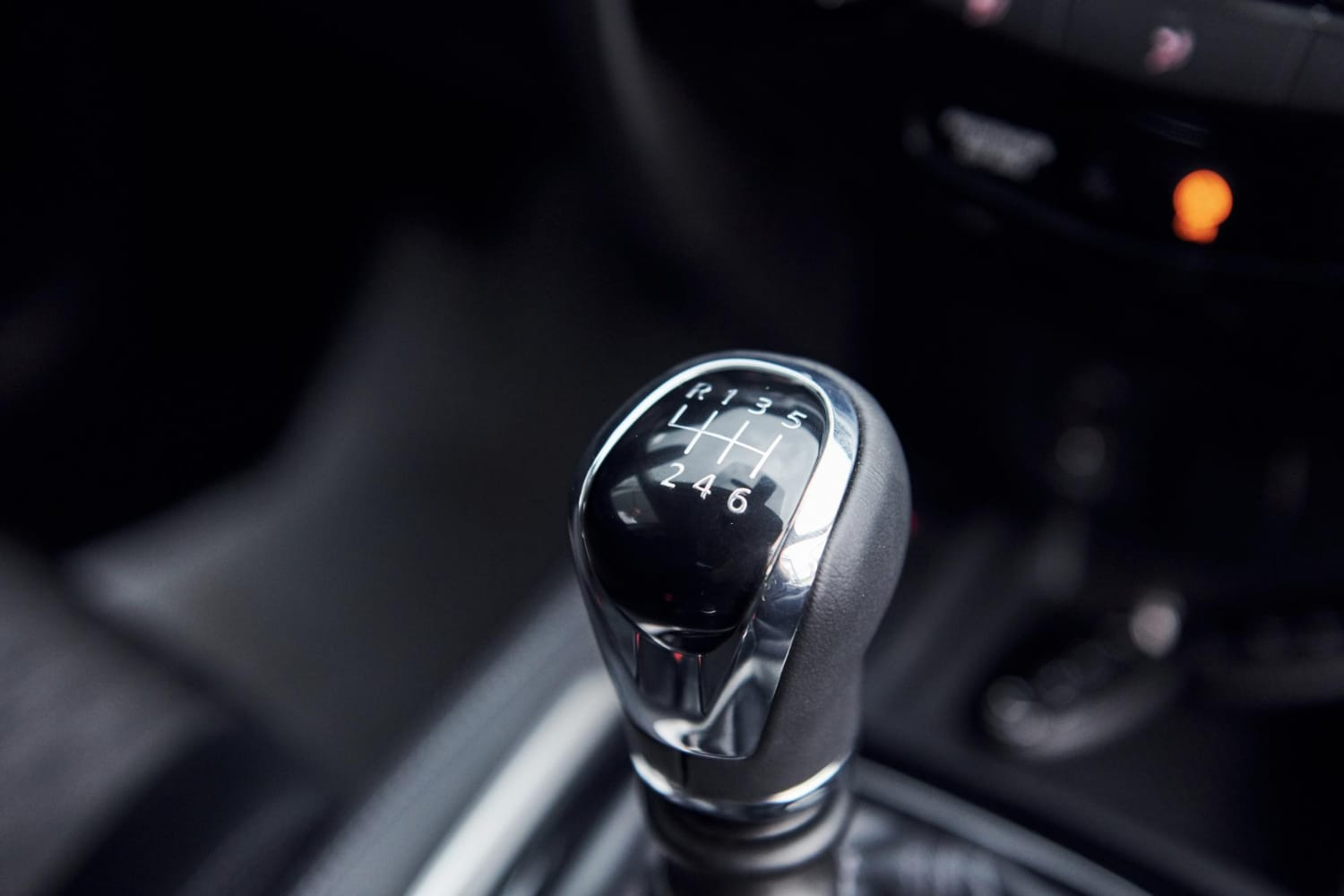
Classic cars evoke a sense of nostalgia and admiration, blending timeless beauty with historical significance. These vehicles, often defined as those built between the 1920s and 1980s, hold a special place in automotive history and enthusiast culture. Their allure goes beyond mere transportation; it encompasses craftsmanship, design innovation, and cultural impact.

At the heart of classic cars is their design. Each model tells a story of the era it represents. From the sleek curves of a 1950s Cadillac to the minimalist elegance of a Porsche 911 from the 1970s, these cars reflect the stylistic preferences and technological advancements of their time. The meticulous craftsmanship involved in their production is evident in every detail, from hand-sculpted bodywork to bespoke interiors. Classic cars were often made with materials and techniques that are rare or obsolete today, adding to their allure.
Beyond their aesthetic appeal, classic cars hold immense historical significance. They are tangible artifacts of automotive evolution, marking milestones in engineering and design. Vehicles like the Ford Model T revolutionized personal mobility, making cars accessible to the masses and reshaping societies worldwide. Innovations such as the introduction of safety features, like seat belts and crumple zones, are traced back to early experiments with classic car designs.
Moreover, classic cars embody cultural nostalgia. They symbolize an era when driving was not just a necessity but a form of expression and freedom. Each model reflects the values and aspirations of its time, whether it’s the post-war optimism of 1950s America or the avant-garde spirit of 1960s Europe. Owning or restoring a classic car is often a labor of love, a way for enthusiasts to preserve a piece of history and relive the experiences associated with these iconic vehicles.

The market for classic cars is not just driven by collectors; it is sustained by a community of passionate individuals who celebrate these machines through events, clubs, and online forums. Concours d’Elegance showcases bring together rare and impeccably restored classics, allowing enthusiasts to appreciate them in all their glory. Auctions set record prices for coveted models, highlighting their status as both investments and cultural treasures.
Preserving classic cars presents unique challenges, from sourcing authentic parts to navigating evolving restoration techniques. Yet, the effort is rewarded with the satisfaction of keeping automotive heritage alive for future generations. These efforts are crucial as they ensure that the stories behind each classic car continue to be shared and appreciated.
In conclusion, classic cars are more than just vehicles; they are symbols of innovation, craftsmanship, and cultural significance. They embody the spirit of their respective eras and continue to captivate enthusiasts worldwide. Whether admired for their design aesthetics, historical impact, or emotional resonance, classic cars remain an enduring passion for those who recognize and celebrate their timeless beauty.





